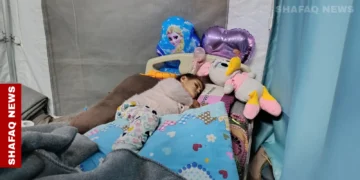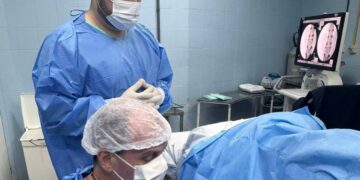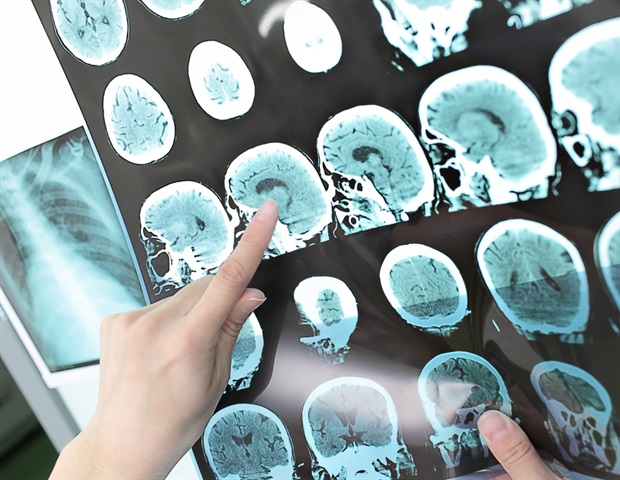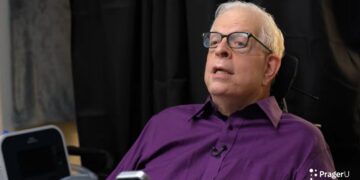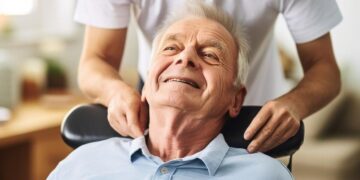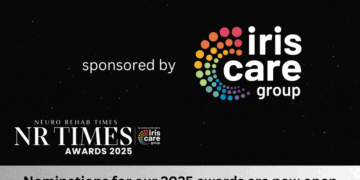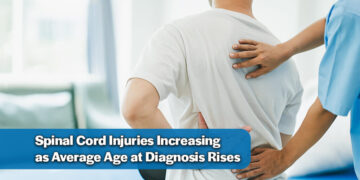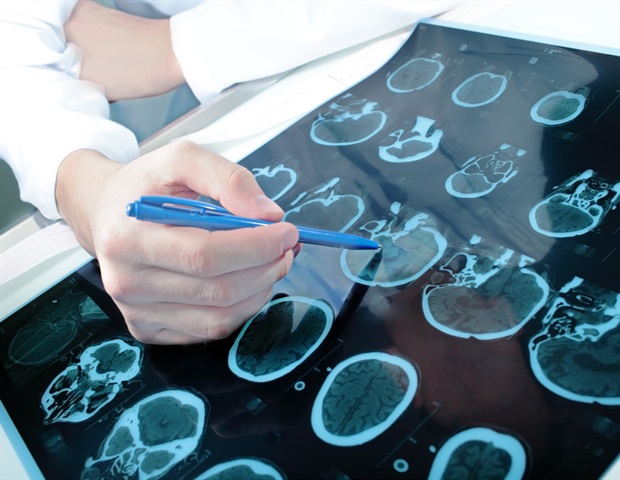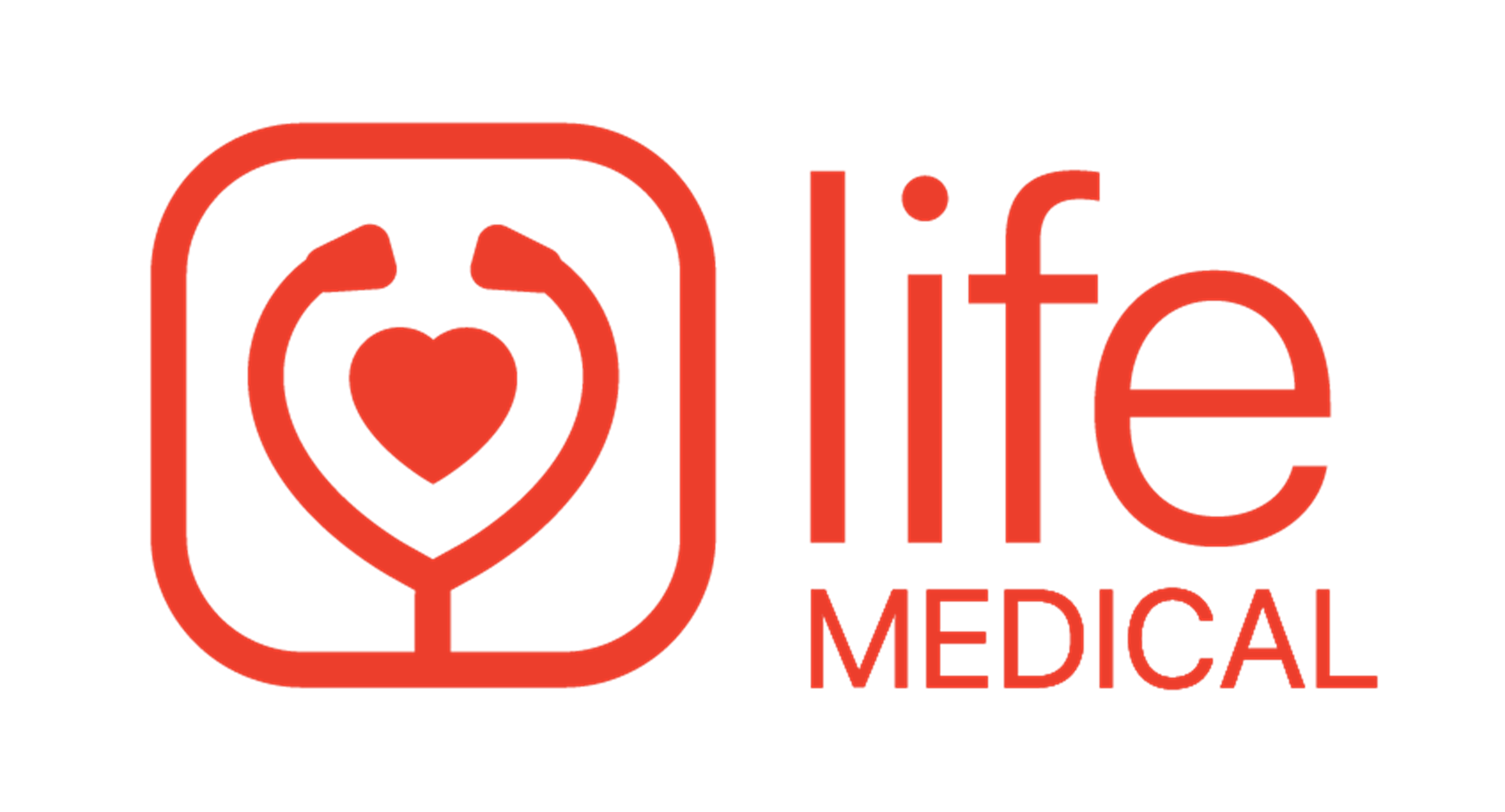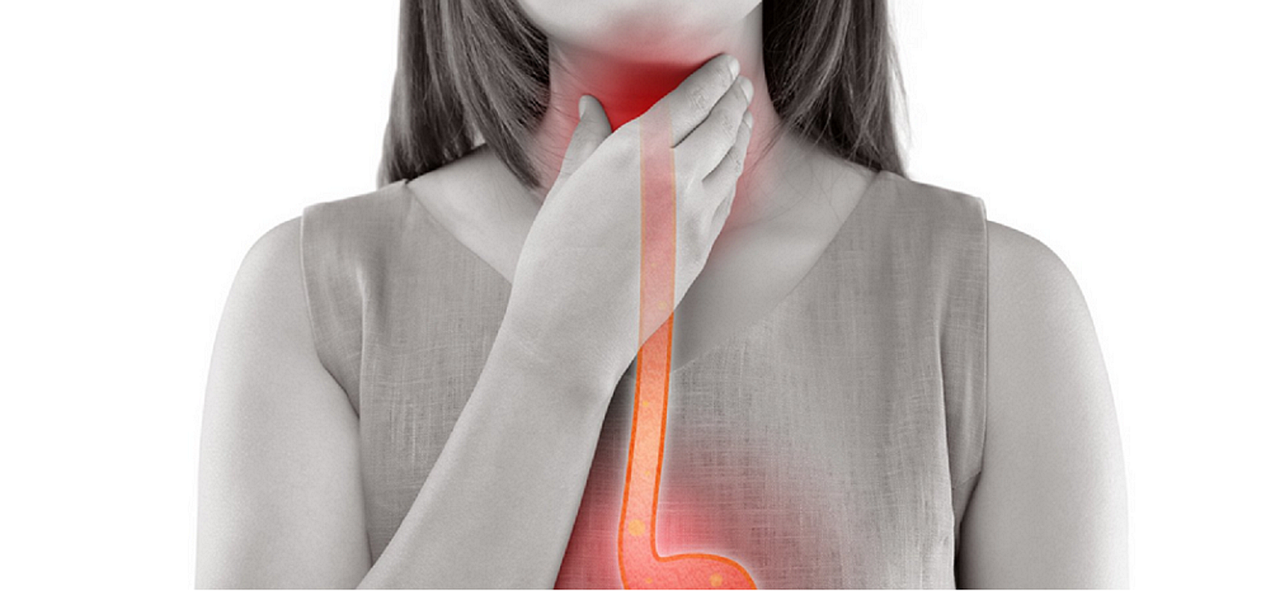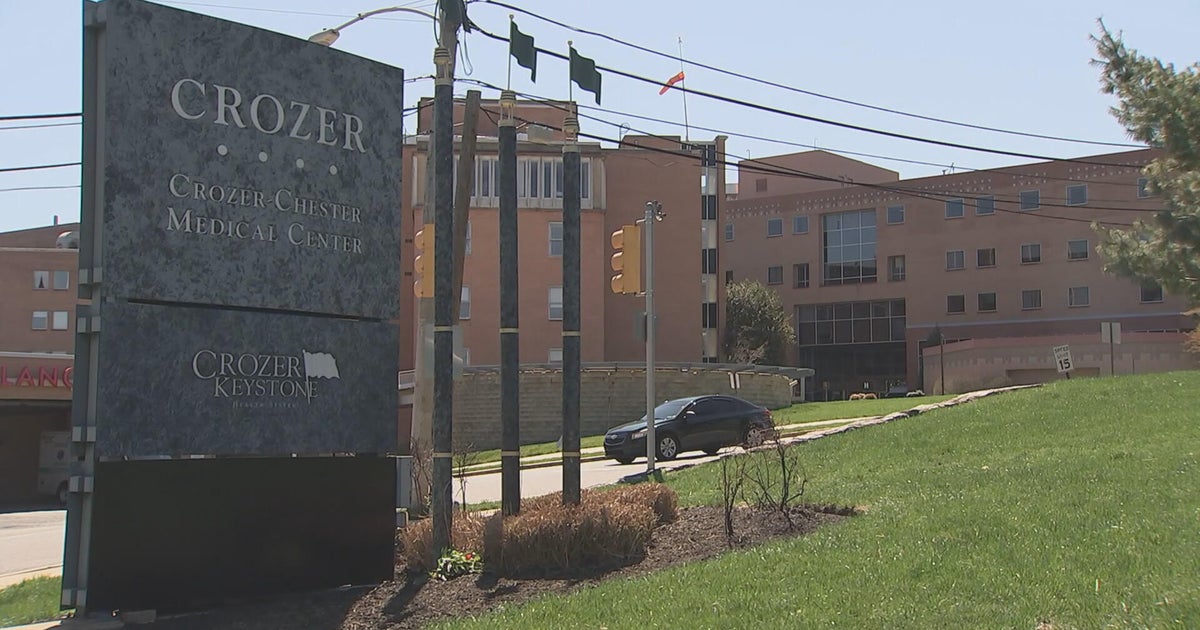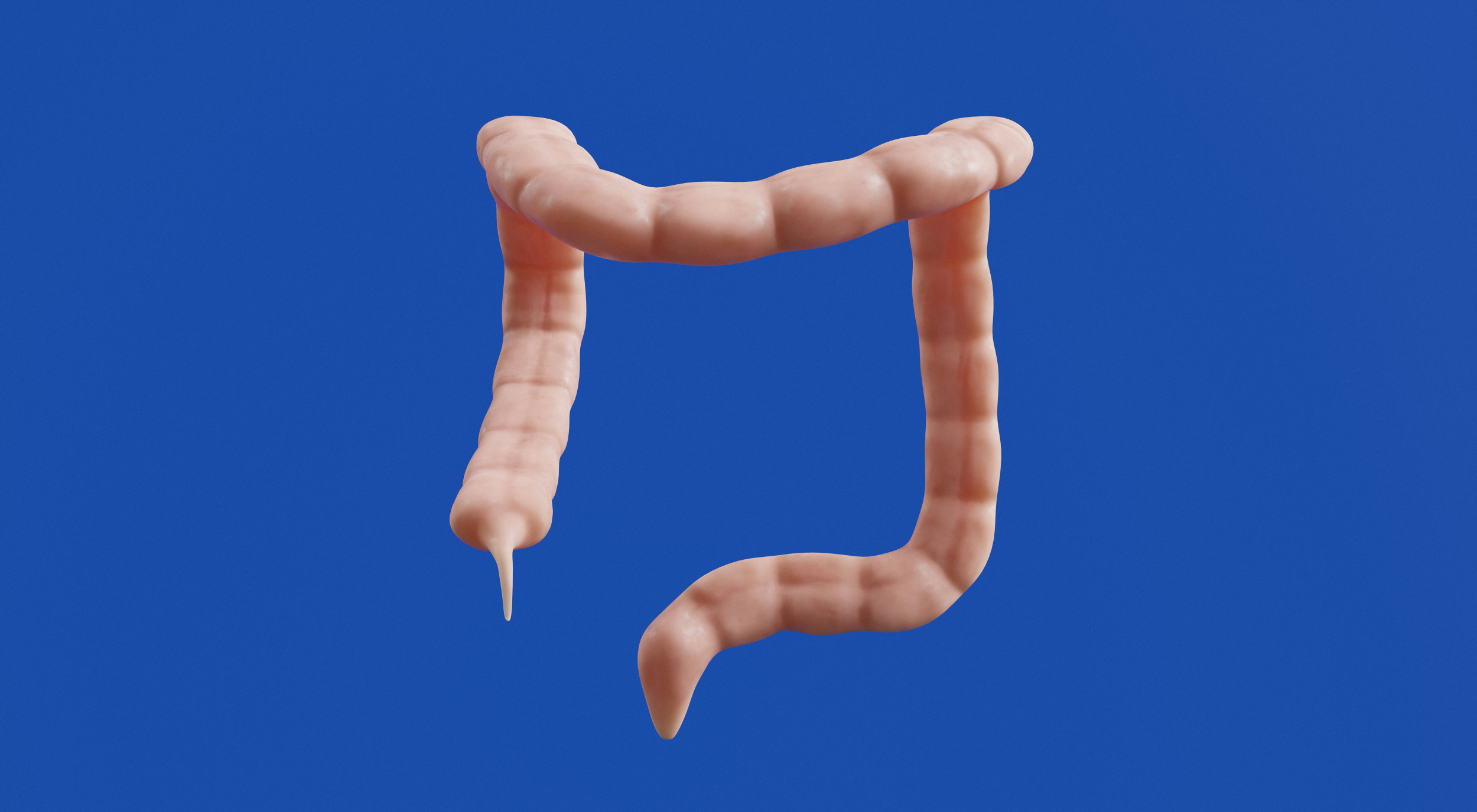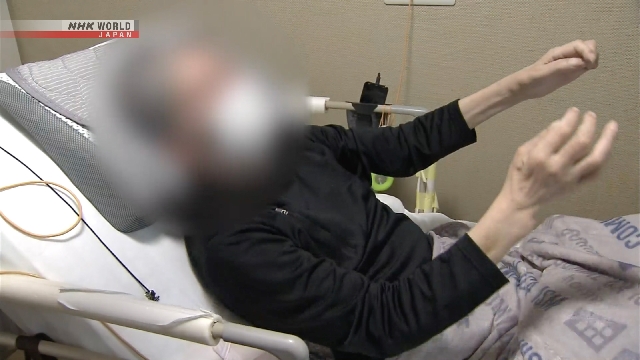A man who received stem cell therapy in a clinical study in Japan for spinal cord injuries told NHK how he decided to undergo the procedure.
The research team said his symptoms had improved and he later agreed to be interviewed for the first time by a media outlet.
Researchers from Keio University and other institutions say their study is the first in the world to use cells derived from induced pluripotent stem cells, or iPSCs, to relieve symptoms of spinal cord injuries.
The man was one of four patients who participated in the study. They had lost the ability to move their bodies due to injuries or other causes. Doctors transplanted iPSC-derived cells into patients and then assessed the degree of recovery of motor function.
The team reported in March that participants fared better than others who had similar damage and only underwent rehabilitation.
The man who gave the interview received the transplant two years ago and showed the greatest improvement among the four. He acquired the ability to eat only with a spoon held in his hand and to support his own weight. He has also started practicing walking.
He said he could not decide without hesitation whether to undergo the surgery, because it was unprecedented in the world. He added that he felt 90 percent anxiety and 10 percent expectation, but he decided to take the risk.
He said he was happy when his leg moved for the first time and shared his happiness with his wife. He said rehabilitation is not easy as it involves a lot of pain and numbness, but he is working hard thanks to the encouragement of people close to him.
The man expressed hope in developing research to expand the scope of medical treatment, including the one he received.
Professor Nakamura Masaya of Keio University noted that it was previously believed that central nerves could never regenerate once they were damaged. He said he is encouraged by the results of the study and wants to have more cases to accumulate evidence.
The team says it will conduct a clinical trial to seek government approval.
This year, other groups have also announced the results of studies aimed at the practical use of iPSC treatment methods.

